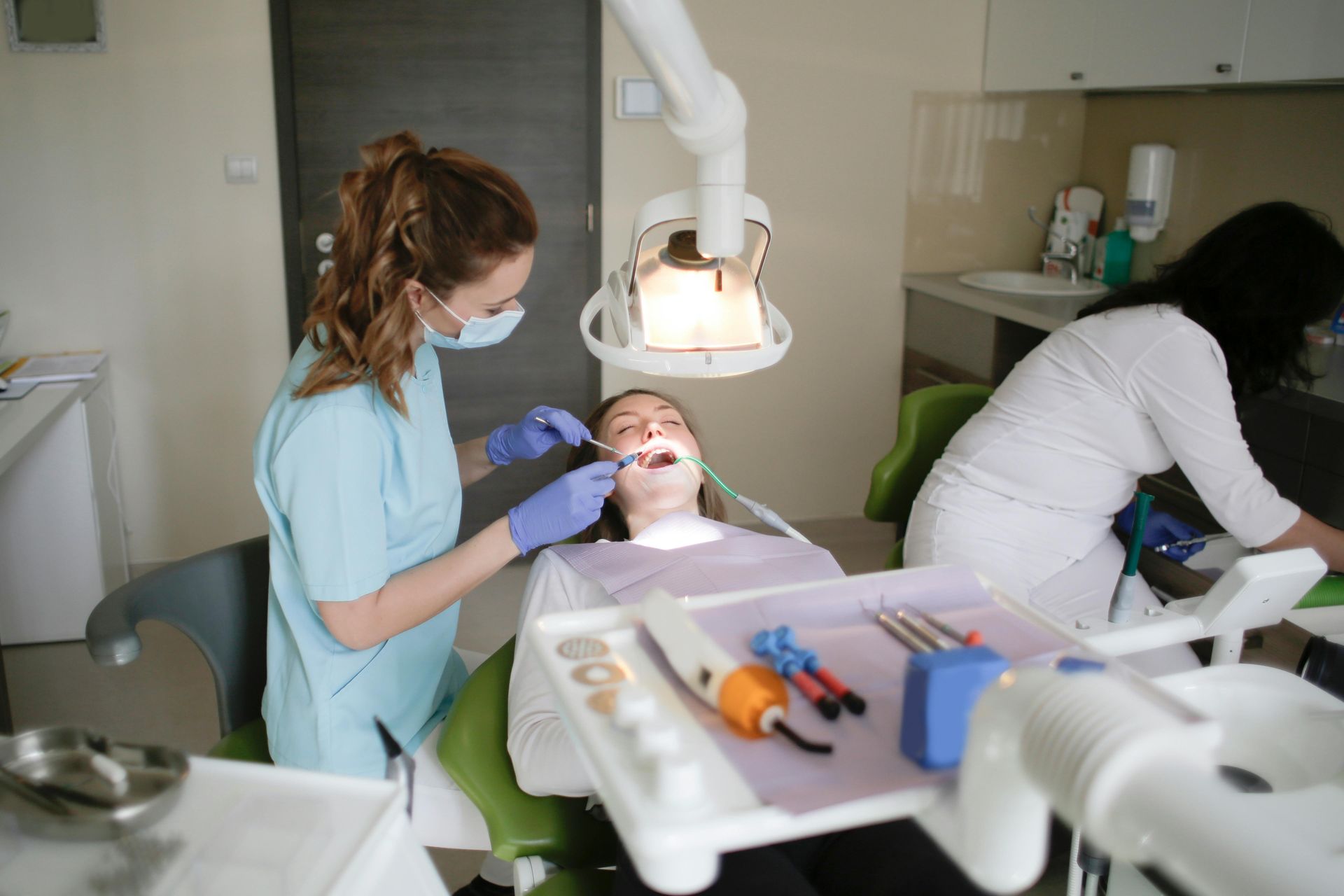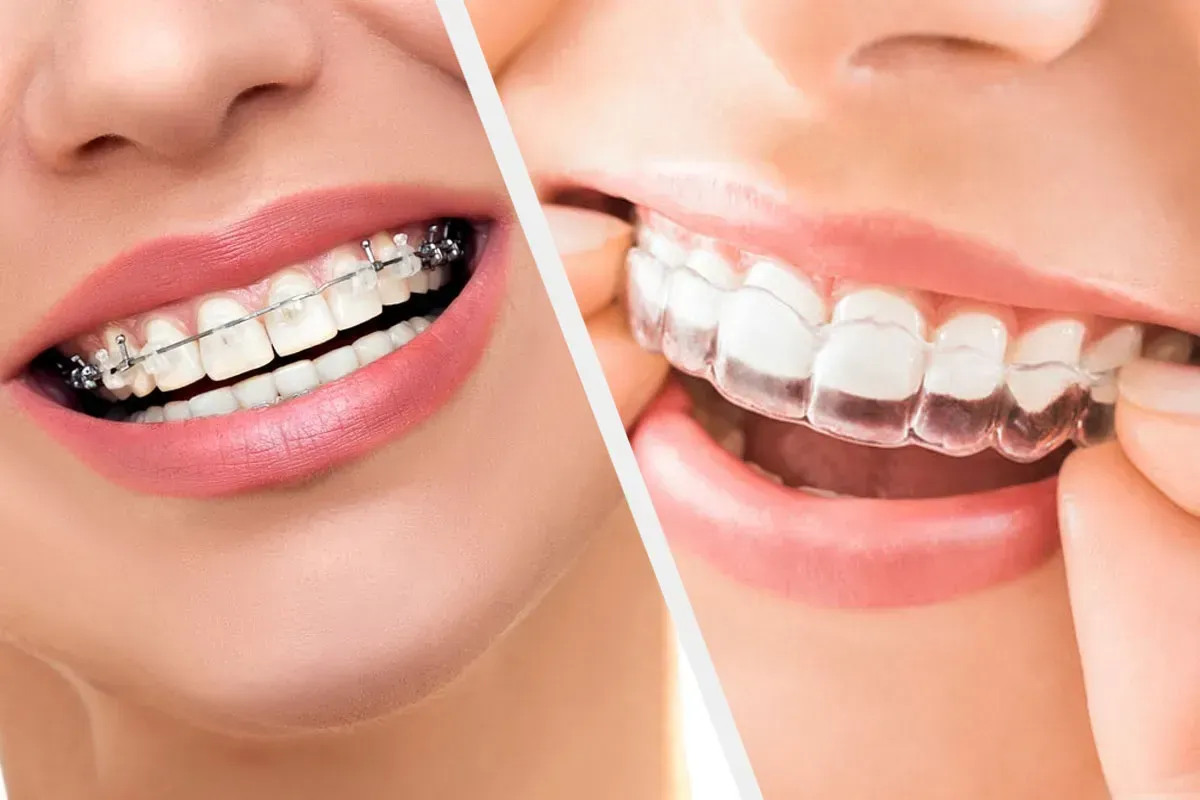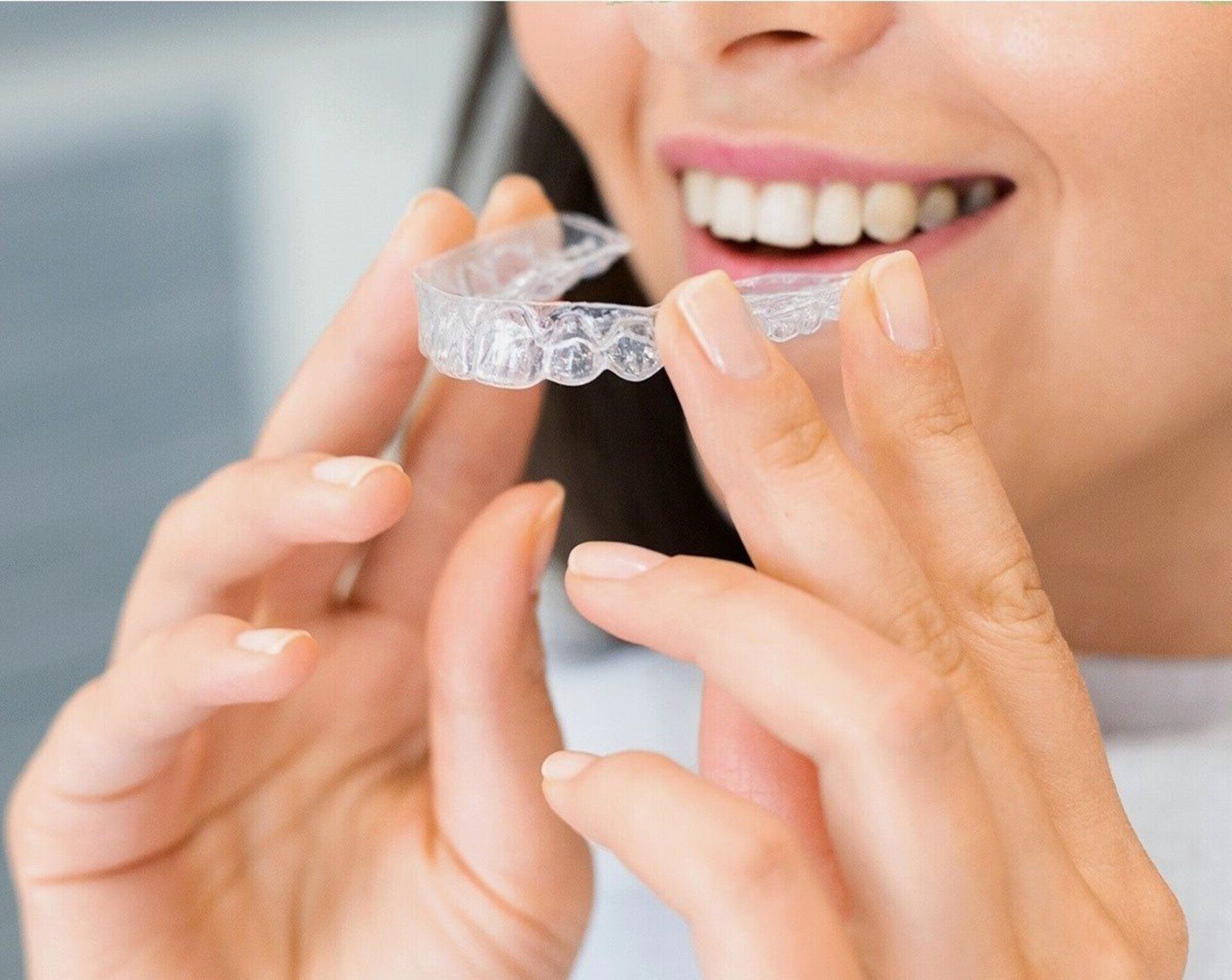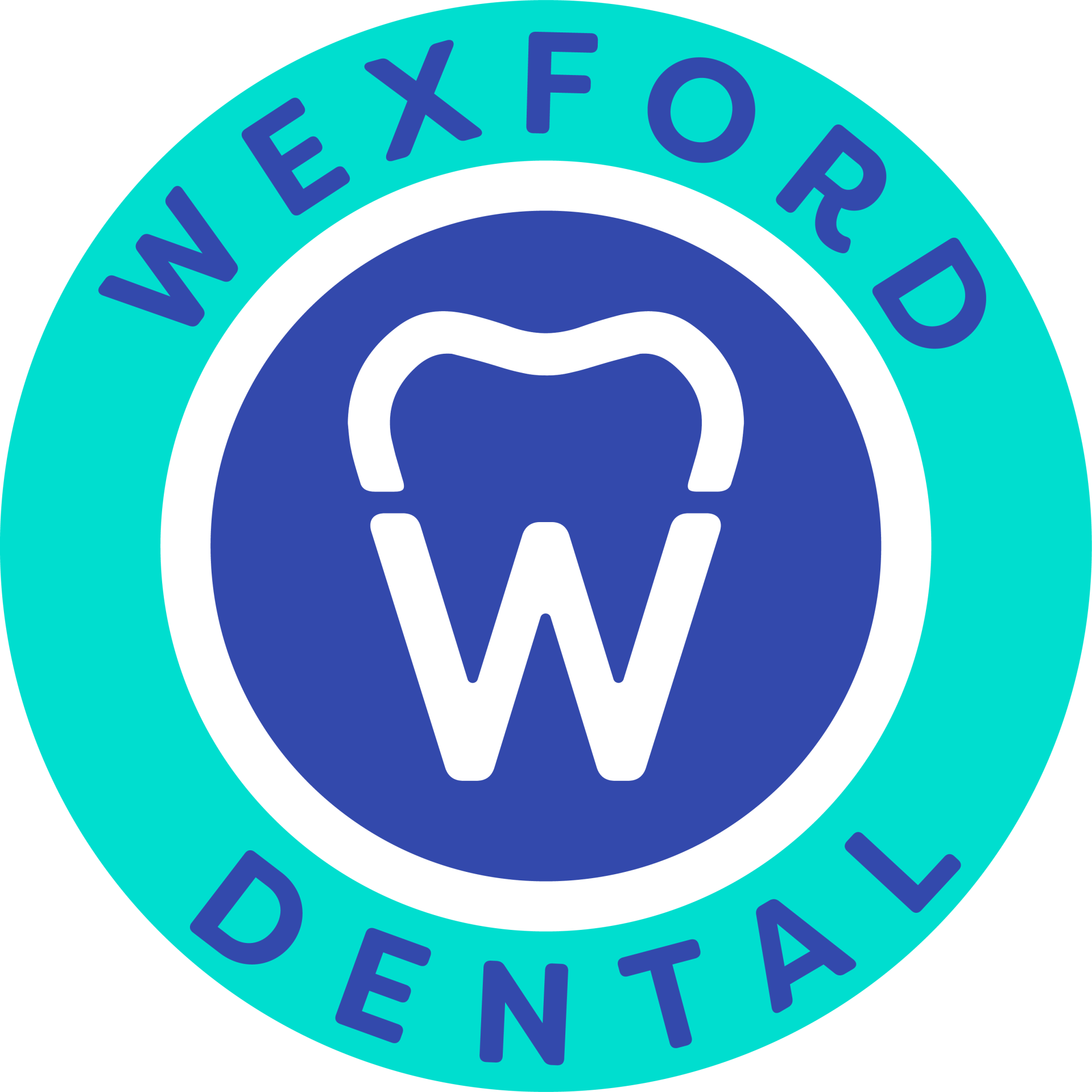The Importance of Regular Dental Check-Ups
Understanding the Basics of Dental Health
Maintaining dental health is crucial to our overall well-being. Dental health encompasses the condition of all structures in the mouth, including teeth, gums, tongue, and the supportive bone structure. Effective oral care helps prevent dental issues such as tooth decay and gum disease, both of which can lead to more serious health concerns if not addressed.
Teeth are prone to decay when dental plaque—a sticky film of bacteria—forms on the teeth and interacts with sugars in the food we eat. This interaction produces acids that can erode tooth enamel, leading to cavities. Gum disease, on the other hand, is typically caused by plaque that has hardened into tartar buildup at the gum line, causing inflammation and, in severe cases, resulting in tooth loss.
Dental health is not only about preventing problems but also about maintaining the appearance and function of your teeth. Healthy teeth are essential for chewing, which affects nutrition, and for clear speech. A confident smile also contributes to social interactions and self-esteem.
Implementing good oral hygiene practices is the first line of defense in maintaining dental health. This includes regular brushing with fluoride toothpaste, flossing, and avoiding an excessive intake of sugary foods and drinks. However, even with diligent at-home care, professional dental check-ups play a pivotal role in ensuring lasting oral health.
The Role of Regular Dental Check-Ups
Regular dental check-ups are a cornerstone of oral healthcare. They provide a platform for the early detection and prevention of oral health issues. During routine dental visits, professionals conduct thorough examinations that may identify problems before symptoms even arise.
Dental professionals have the expertise and equipment necessary for deep cleaning, removing plaque and tartar that regular brushing and flossing might miss. These professional cleanings are essential in preventing gum disease and cavities. Additionally, during check-ups, dentists can provide advice on oral hygiene practices tailored to each individual's needs.
Taking a proactive approach to dental appointments is an investment in your health. Regular check-ups can:
- Detects tooth decay early, making treatment simpler and more cost-effective.
- Identify early stages of gum disease, allowing for non-invasive interventions.
- Remove built-up tartar, preventing the progression to more severe dental problems.
- Provide screenings for oral cancer, which is critical for successful treatment outcomes.
Consistency is key to reaping the full benefits of regular dental check-ups. It is recommended that you visit your dentist on a regular basis—typically once or twice a year, although some individuals may require more frequent visits due to specific oral health concerns.
Dental check-ups are a preventive measure that helps keep teeth and gums healthy and ensures that any issues are addressed before they become complex. They are an essential element of comprehensive oral care, working in tandem with daily hygiene practices to preserve a healthy smile and avert potential oral health complications.
How Regular Check-Ups Can Help Prevent Tooth Decay and Gum Disease
Regular dental check-ups serve as an essential line of defense against oral health issues. Here's how they can help prevent tooth decay and gum disease:
- Plaque and Tartar Control: Dental check-ups involve a professional cleaning which is essential in removing plaque and tartar that cannot be eliminated by brushing and flossing alone. This reduces the risk of cavities and gum inflammation.
- Fluoride Treatments: Fluoride strengthens the teeth and prevents tooth decay. Dentists often provide fluoride treatments during check-ups to protect teeth.
- Identifying Trouble Spots: Your dentist can find areas in your mouth that may need extra care and show you how to clean them effectively to prevent decay and gum disease.
- Periodontal Care: Dentists check for signs of gum disease, such as deep pockets between teeth and gums. Addressing these early can avert progression to more serious stages of gum disease.
By incorporating regular dental check-ups into your healthcare routine, you ensure proactive measures against potential oral health issues that could develop into more serious conditions if left unchecked.
Early Detection of Oral Health Concerns
Regular dental appointments are critical for the early detection of oral health concerns. These routine examinations allow dental professionals to identify potential issues that could go unnoticed by the untrained eye. From subtle enamel wear to the initial emergence of gum inflammation, early signs of oral conditions are more manageable and often reversible when caught promptly.
Additionally, many systemic health issues, such as diabetes and heart disease, have oral manifestations that could be detected during a dental checkup.
The Role of Oral Cancer Screening
Regular dental check-ups often include oral cancer screening, which is a quick, non-invasive procedure that can be life-saving. Oral cancer can appear as a growth or sore in the mouth that doesn't go away, and its early signs are frequently painless and easy to overlook. Dentists are trained to recognize the early signs of oral cancer, which, when identified early, can significantly improve the prognosis. With the rise in risk factors such as HPV infections, routine screenings become even more crucial.
Detecting and Treating Dental Issues at an Early Stage
Detecting and treating dental issues at an early stage is essential for maintaining a healthy and functional mouth. During a dental examination, advanced tools such as digital X-rays and intra oral cameras can reveal problems that are not visible to the naked eye, such as interdental decay or issues below the gum line. By addressing these problems swiftly, treatments tend to be less invasive and more cost-effective. This proactive approach also helps patients maintain a higher quality of life, avoiding pain and discomfort that accompany advanced dental problems.
The Role of Dental Cleanings
Dental cleanings, often referred to as prophylaxis, are a fundamental part of any dental visit and serve a crucial purpose in oral health. These professional cleanings remove plaque and tartar buildup that regular brushing and flossing at home cannot eliminate. Plaque is a sticky deposit where bacteria thrive, leading to tooth decay and gum inflammation. When plaque hardens into tartar, it becomes a more significant threat that requires professional tools to remove. Hygienists also polish teeth during this process, which can reduce surface stains and leave teeth feeling smoother and appearing brighter.
Professional Cleanings vs. At-Home Oral Hygiene Practices
While at-home oral hygiene practices are critical for daily maintenance, they are not a substitute for professional cleanings. At-home care, such as brushing twice a day and flossing, is effective in managing plaque levels and maintaining oral health. However, even with meticulous home care, some areas are challenging to clean thoroughly, which is where professional cleanings are beneficial.
Tools used by dental professionals, such as scalers and ultrasonic devices, are specifically designed to remove plaque and tartar, especially from areas beneath the gum line and in between teeth. Professional cleanings can also identify and address issues like gingivitis early on, something that might not be apparent to individuals practicing at-home care.
Tips for Maintaining Oral Health Between Check-Ups
Maintaining oral health between dental visits is pivotal and can be achieved by following several key tips:
- Brush teeth twice a day with fluoride toothpaste and replace your toothbrush every three to four months.
- Incorporate flossing into your daily routine to remove plaque from areas your toothbrush can't reach.
- Limit sugary snacks and acidic drinks which can erode tooth enamel and lead to decay.
- Use mouthwash to reach areas missed by brushing and flossing, and to help eliminate bacteria.
- Stay hydrated to encourage saliva production, which naturally helps cleanse your mouth.
- Avoid tobacco products which can increase the risk of gum disease and oral cancer.
By closely adhering to these dental hygiene practices and keeping regular dental appointments, individuals can maintain a robust foundation for oral health, ensuring a smile that is as healthy as it is beautiful.
The Role of Regular Dental Check-Ups in Preventing Tooth Loss
Regular dental check-ups are essential in the fight against tooth loss. By visiting the dentist on a regular basis, individuals can benefit from:
- Professional evaluation of dental health status.
- Detection of early signs of tooth decay and gum disease.
- Removal of plaque and tartar to prevent periodontal problems.
- Monitoring the status of existing dental restorations, such as fillings and crowns.
- Early identification of any other potential dental issues that, if left untreated, could lead to tooth loss.
Dentists recommend dental check-ups at least twice a year, though some people may require more frequent visits depending on specific oral health concerns. During these visits, a dental professional conducts a thorough dental examination and performs necessary x-rays to catch problems that may not be visible to the naked eye.
The Importance of Early Intervention and Treatment
Early intervention and treatment of oral health issues play a critical role in preventing tooth loss. When dental issues are detected in their initial stages, they are usually more manageable and less invasive to treat. For example, filling a small cavity is a straightforward procedure that can preserve the natural tooth, whereas a neglected cavity may lead to the need for a root canal or, in severe cases, extraction.
Treating gum disease in its early stage, known as gingivitis, typically involves deep cleaning and improved at-home care, which can reverse the condition. However, if the disease progresses to a more advanced stage, known as periodontitis, the treatment becomes more complex and may include surgery and the potential for tooth loss.
A simple yet powerful strategy in the prevention of dental issues escalating is routine dental check-ups combined with timely treatment. By identifying and addressing dental concerns early, patients can save time, money, and the distress associated with complicated dental procedures.
List of early intervention actions that can prevent tooth loss:
- Regular teeth cleanings to maintain oral hygiene.
- Fillings to restore the integrity of a tooth at the first sign of decay.
- Scaling and root planing for early stages of gum disease.
- Wearing mouthguards to prevent injury during sports.
- Smoking cessation programs to reduce the risk of gum disease.
- Fluoride treatments to strengthen enamel and resist decay.
If you would like to schedule your check-up, call us today at 416-222-82-96 to make an appointment for a general check-up and detect possible warning signs. At Wexford Dental, dentistry in Scarborough we offer only what you need.












